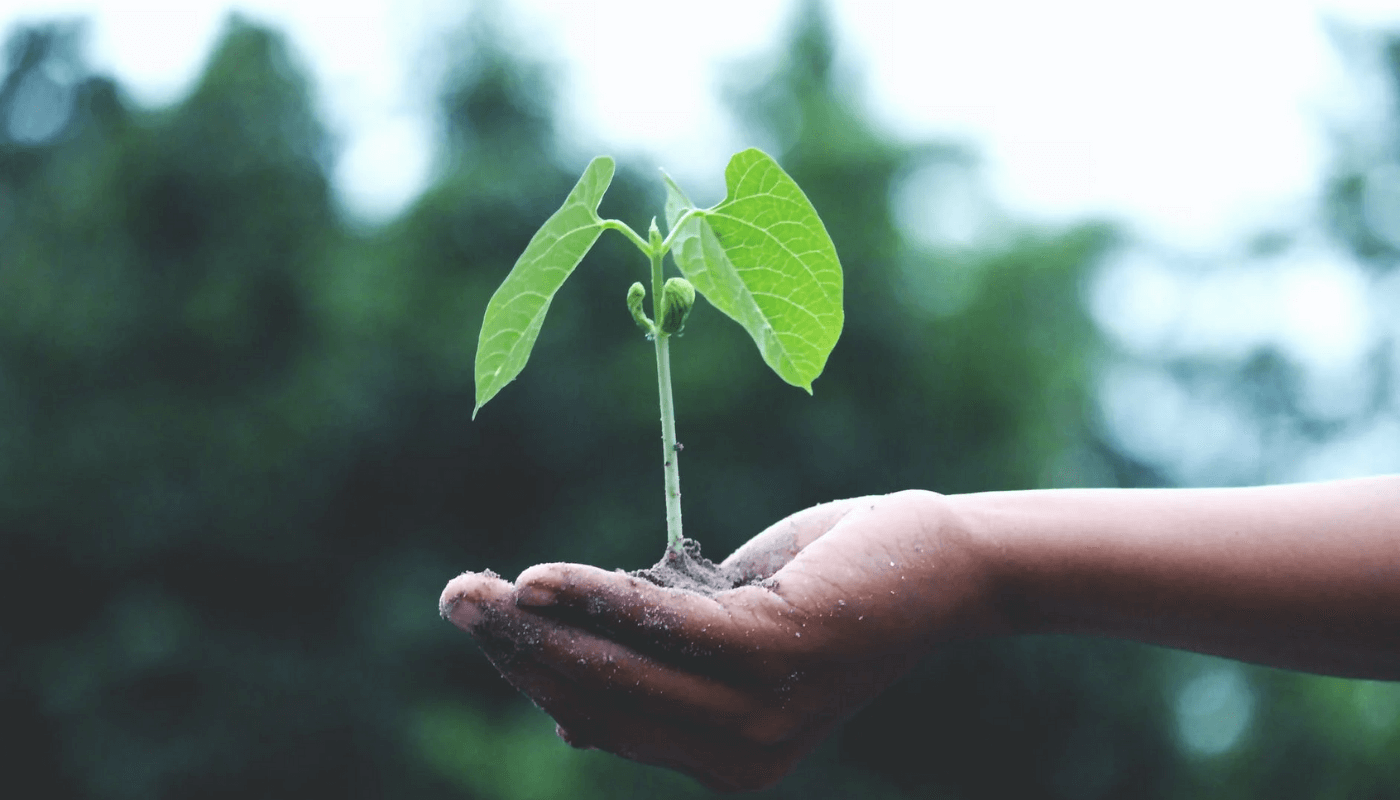If we are to learn anything from the current global pandemic its that the world can change in a second: technology has proven vital to keep systems going and humans flowing. We use the most effective communication channels when we work from home. We host international events from a small screen and we use apps to order groceries and look up new recipes to keep us entertained. The future is digital.
As the world keeps turning despite the global pandemic, the one thing that doesnt change is our need to eat. Food is as essential as always, if not more so and the global food chain has been under a very well lit spotlight ever since the virus came about. Entrepreneurs and investors have grown a $20 billion worth agrifood venture capital sector worldwide in 2019, which has grown from a mere $2.4 billion sector just five years ago. But what do we need more of now to support the current global crisis? More innovation!
“Agrifood technology cannot solve the Covid-19 crisis, but by investing in innovation that’s supporting the base industries in Maslow’s hierarchy of needs, we can use venture capital and innovation as a platform to build a more robust and resilient society,” wrote venture investor AgFunder’s Rob Leclerc, who spoke at F&A last virtual summit.
Foodtech under the spotlight
Did you know that between 30% and 40% of all the food produced worldwide goes to waste? U.K.-based COGZ is just one of the startups trying to combat food waste by ensuring that farmers can sell all of their fruits and vegetables even if some of them are too “ugly” for supermarkets. The food supply chain is out-dated and too traditional for farmers who want to dig new routes to selling their foodstuffs. COGZ wants to offer a marketplace that allows food and drink manufacturers and processors to buy surplus produce directly from UK farmers. Farmers can make some extra income and we have the added bonus of less food waste, its a win-win! .
Connecting Food. Food transparency has become the number one talking issue amongst the food community recently, and with covid wrecking havoc among the food chain its more important than ever. People want to know where their food comes from. This innovative company is working hard to boost consumer trust throughout food system by utilizing blockchain to improve transparency in the food chain. With its platform food companies can trace products batch-by-batch and audit them in real time.
FUMI Ingredients. This Holland-based ingredients company makes up a number of new startups in the alternatives protein market, which is hotter than ever since the outbreak as consumer look for cleaner label foodstuffs. FUMI’s has etched out a nice little niche far from mainstream spotlight: animal-free ingredients like chicken-less eggs.
“Egg-white is used a lot as a binding agent in meat replacers, emulsifier in sauces or a foaming agent in bakery products. However, egg-white has a rather large environmental burden and for that reason there is a strong need for finding alternatives to that,” says FUMI CEO Corjan van den Berg.
Verdify. Get ready for another popular consumer trend coming your way: personalised food. Verdify, a startup also based in Holland, believes that its important we offer consumers more information and control over how their food is designed so that they align more with their dietary preferences and needs.
“Personalized nutrition is regarded a particularly useful concept for facilitating healthy eating styles,” says Verdify’s founder and CEO Jochem Bossenbroek. “However, the food industry is struggling to implement personalized nutrition principles.”
He´s right, there are two main barriers; changing from mass production to meeting the needs of individual consumers, and dealing with customer privacy, since many customers dont want to share personal (and medical) data with food companies.
Agtech spotlight
Edete. Its nothing new that bees and other pollinators are important to the global food supply but they’re increasingly threatened by climate change and other things like excessive agri-chemical use. Its impossible for one startup to tackle those issues on their own but Edete is on a mission to alleviate the effects of this biodiversity threat.
The Israel-based company is developing a technological solution to the problem: “Artificial Pollination-as-a-Service.” Heard of it? Its a method of harvesting and storing pollen from plants, and then synchronizing pollination, and then bring its mechanical pollinizer to growers in the field.
Evologic Technologies. Austrian Evologic is one of many startups trying to understand the biological agricultural inputs market. Biologicals, which are evidently much cleaner for our planet have yet struggled to gain widespread attention to replace synthetic chemical pesticides, mainly because their performance is more than unpredictable. Evologic’s wants to change byto leveraging an organism that is already known to have positive impacts on plant growth: a symbiotic fungus. The young company is developing an AMF-derived biological product to power yields in conventional agriculture by enabling crops to increase fertilizer use and water efficiency in agritech to help farmers and producers all round to minimize the use of water and chemicals and do better by their crops and by the environment.
FarmRaise. This US-based company is quite unique, in fact it’s more of a fintech company, than a food and agtech one. With an aging farmer population happening around the world, FarmRaise wants to make it easier for farmers to invest in their businesses while getting ready for their next generation, using a platform to offer farmers a helping hand to identify potential sources of loans and grants, and then streamline the application process.
Pebble Labs. Last but not least is US-based Pebble Labs which is helping develop solutions to address plant and animal viruses that currently threaten the global food supply. They use “Directed Biotics,” which uses natural biologicals in plants and animals immune system to quickly produce tailored disease and pest treatments.
The company says its mission is to “increase the global food supply without harming the environment.”
Via @agfunder
